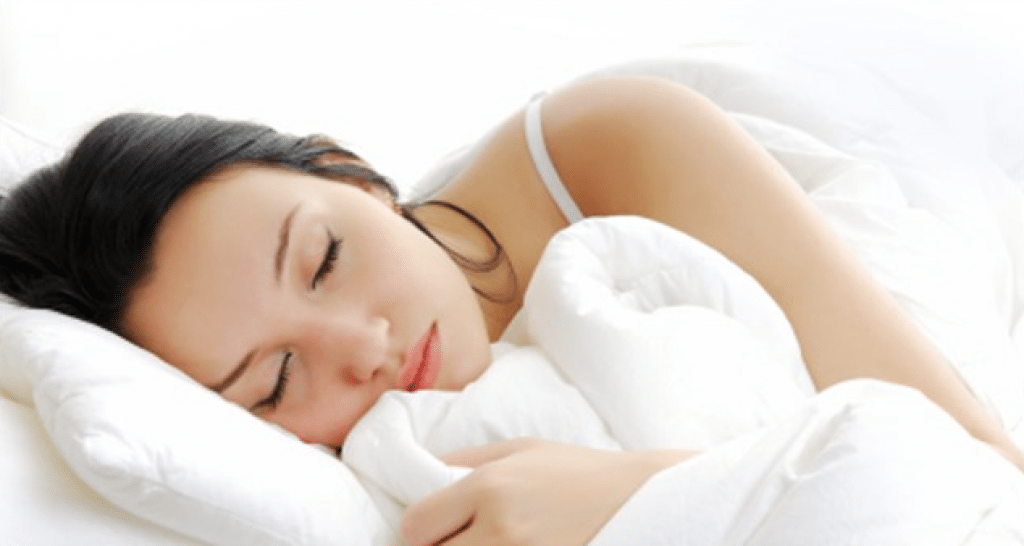 One thing people can’t live without is sleep. Although people can trick their bodies and survive off little sleep, the human body does need rest. Everyone has his/her preference on how to sleep and when to do it. Some people may like to sleep in a warm cozy bed, while others prefer an open window for a breezy room. The past couple of days have shown cooler temperatures in the Northeast Georgia area. This could be helping people’s sleep patterns. To understand sleep, listed below are a couple terms to know.
One thing people can’t live without is sleep. Although people can trick their bodies and survive off little sleep, the human body does need rest. Everyone has his/her preference on how to sleep and when to do it. Some people may like to sleep in a warm cozy bed, while others prefer an open window for a breezy room. The past couple of days have shown cooler temperatures in the Northeast Georgia area. This could be helping people’s sleep patterns. To understand sleep, listed below are a couple terms to know.
What is melatonin?
The National Center for Complementary and Integrative Health defines melatonin as a hormone the body naturally produces to help people sleep. Melatonin is released at it’s lowest levels in the morning and continues to increase in the evening. Light in the evening time can prevent the production of melatonin. Once the hormone is released, the body prepares for sleep.
What is a circadian rhythm?
The National Institute of General Medical Sciences defines a circadian rhythm as the “physical, mental, and behavioral changes that follow a daily cycle.” It can determine sleep patterns depending on the amount of light someone is exposed to before bedtime.
Tips for a good nights rest:
The psychology department at the University of Georgia has some tips for sleep hygiene:
- Sleep only when you are tired
- Do not take naps unless you have to
- Try to regulate bedtime and a wake up time
- Do not exercise four hours before bedtime
- Bathe 90 minutes before bedtime
- Eat a light snack before bed
- Use your bed just for sleep
- Develop sleep rituals
These are just a few ways to get your body in the habit of sleeping at a certain time. Research from Science Advances conducted a study using data from 765,000 United States survey between the year 2002 to 2011 with temperature data at night that shows a relationship between increased temperatures at night and self-reports of lack of sleep. Science Advances reports how the, “historical data demonstrates a robust link between atypical nightly temperatures and insufficient sleep that is largest during the summer and among lower-income individuals and the elderly.”
By: Sabrina Burse







